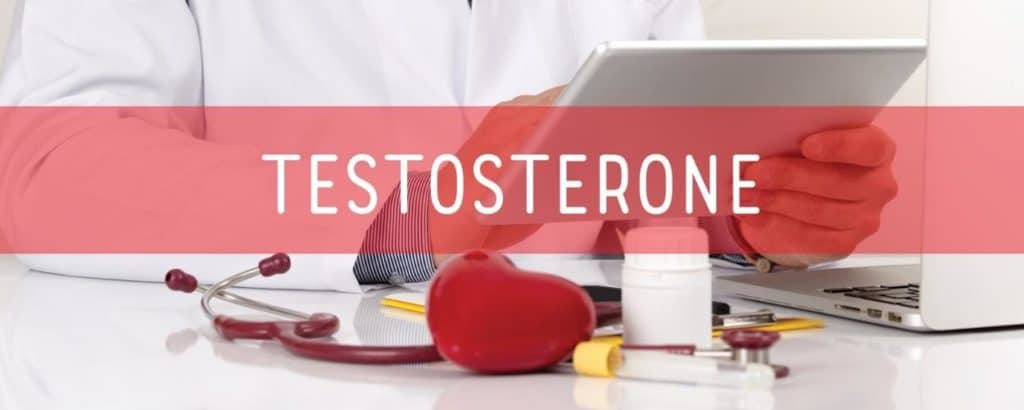
does medicaid cover testosterone replacement therapy
pros and cons of testosterone replacement therapy
Always choose the provider and clinic most concerned with your overall health.
Why is testosterone replacement therapy not as popular with men than it is for women? It's not because men believe that testosterone therapy will increase the risk of developing cardiovascular disease. This myth has been dispelled. This misconception has been dispelled. The accepted range of normal testosterone levels makes it difficult to diagnose low testosterone levels. The normal testosterone levels for men aged 40-50 years old range from 250 to 900 testosterone. It's amazing. This broad range of testosterone levels means that even if your testosterone level is 250, it may not mean you need testosterone supplements. A male with a testosterone level of 800 feels significantly better than one with a testosterone level of 250.
You should expect regular follow-up from the moment you start therapy. You will typically be tested once every three to four weeks after therapy has been initiated. This is to ensure that your levels remain adequate and that pellet replacement doses are accurate.



